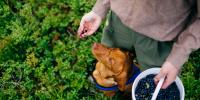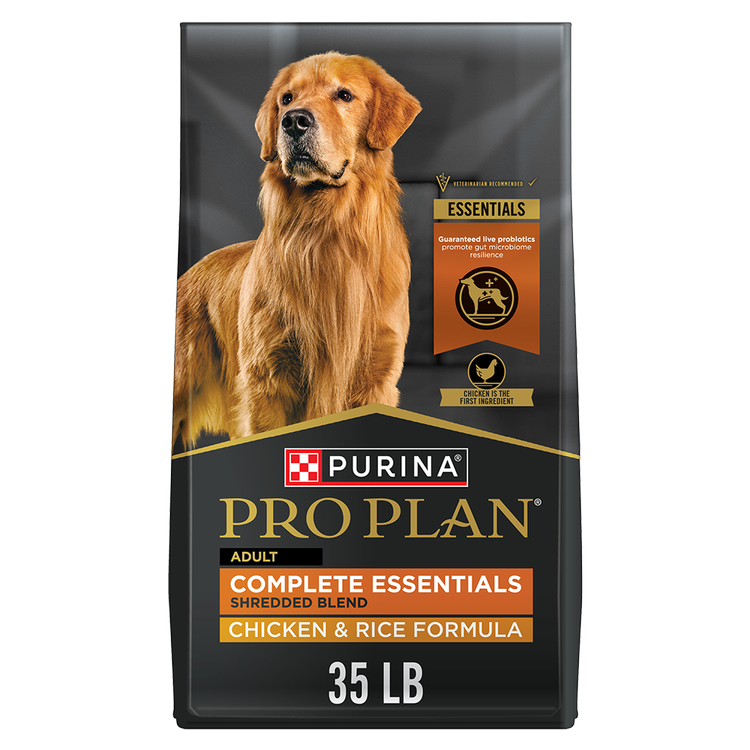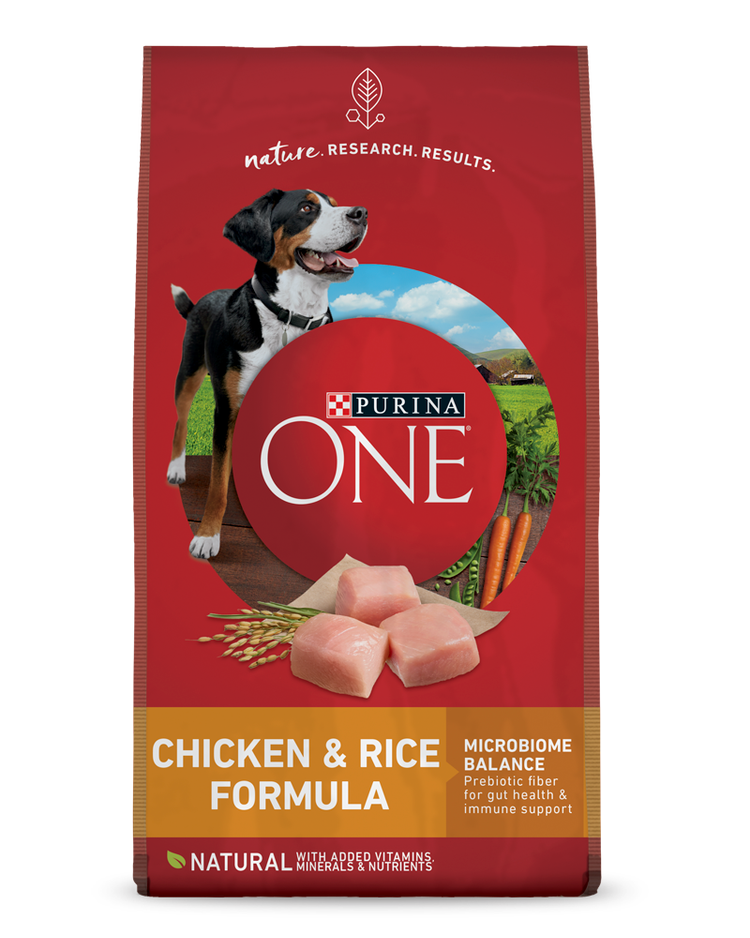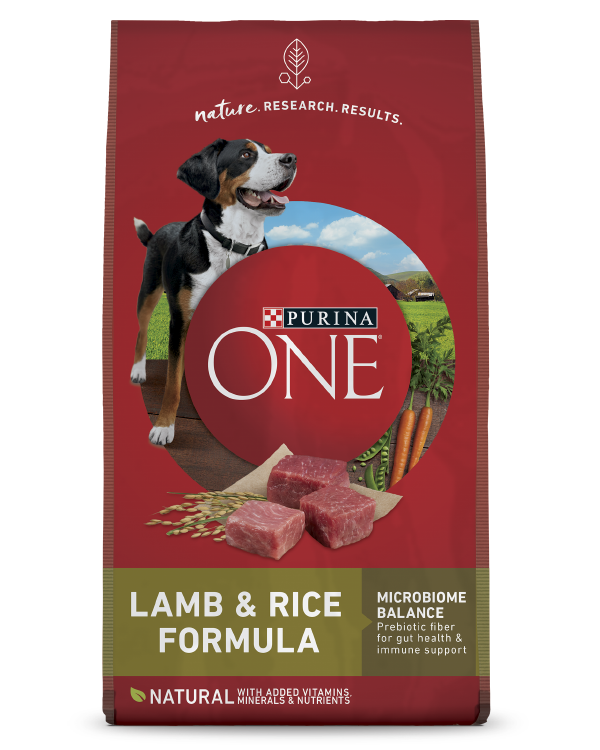Can Dogs Eat Berries? A Guide to Safety


Dogs can eat some berries, but not all. The summer months offer us an abundance of these delicious juicy treats. So why not share a little with your dog?
As dog owners, it’s natural to think dogs would enjoy some of the foods we do. In most cases, small amounts of certain berries are okay for dogs, but not in all cases.
Be sure to do your homework before giving your dog food that differs from their regular diet. Before you share some juicy summer delights with your canine pal, learn which berries are healthy and safe for your dog and which aren’t.
The 90/10 Rule
First, an important thing to remember when giving your dog treats is the 90/10 rule. Give dogs small portions when it comes to berries.
“Treats should be given sparingly and offered as 10% of your dog’s daily calories,” Says Purina Nutritionist Karina Carbo-Johnson, MS. “A dog food that is complete and balanced should make up the remaining 90%.”
Berries That Are Safe to Feed Your Dog
Blueberries
If you find yourself asking, Can dogs eat blueberry?, you (and your dog) are in luck; dogs can eat blueberries. Blueberries are a superfruit that deliver a lot of health benefits to people. However, dogs have different digestive systems, meaning they absorb nutrients differently. As a result, blueberries and other berries may not have the same health benefits for dogs.
That said, blueberries are a low-calorie, low-sugar, tasty treat for dogs. Go ahead; share a tiny bit with your canine friend.
Strawberries
You can feed your dog strawberries in moderation, knowing you’re giving them a healthy treat. Strawberries contain antioxidants that support cells within the body from free radical damage. They also boost the immune system, potentially playing a role in helping fight or prevent illnesses or diseases.
Strawberries also have a high water content, deliver plenty of vitamin C, contain fiber for digestive health and have malic acid – a teeth whitening enzyme.
Blackberries
Another low-sugar berry is the blackberry. These soft, sweet and juicy berries have a lot going for them in the way of nutrition.
Blackberries contain high levels anthocyanins, a powerful antioxidant found in purple, blue and red foods. They also contain fiber, which can help promote digestive health. Blackberries are a good source of vitamins as well, including vitamins A, B, C, E and K.
Raspberries
Raspberries are a great source of dietary fiber, which promotes digestive health. They’re also rich in B complex vitamins, vitamins C and K and the minerals potassium, manganese, copper, folic acid, iron and magnesium.
Note that raspberries contain some of the highest levels of xylitol found in any natural fruit. Xylitol can be toxic to dogs and can cause conditions like hypoglycemia and liver disease. When fed in moderation, raspberries do not contain enough xylitol to cause harm.
Berries That Are Bad for Dogs
Not all berries are a good treat option for dogs. Some berries may make your dog ill or can be unhealthy for a variety of reasons. They may have a pit or contain toxins that are poisonous for dogs.
If you think your dog has ingested something that is causing them to get sick, call your veterinarian immediately.
Grapes
You should not feed your dog grapes. Both grapes and raisins – which are dried grapes – are bad for dogs. Grapes can cause severe reactions like kidney failure, which can be fatal. While the source of the toxicity that makes grapes dangerous for dogs is unknown, it's best not to feed them.
Purina Nutritionist Karina Carbo-Johnsons says, “in order to keep your pet safe, keep harmful fruits such as grapes out of reach of your pet. Otherwise, they may be tempted to try it.”
Wild Berries
Nature has an abundance of berries, some common, others more exotic. In the same way you wouldn’t try a wild berry without knowing what it was, you also shouldn’t let your dog eat wild berries.
Even some wild berries that are edible for humans may contain toxins, pits or other substances that could harm your dog. Holly berries, mistletoe berries and salmonberries are examples of berries your dog should avoid.
5 Tips for Serving Berries to Dogs
Before serving berries to your dog, you need to follow a few simple steps:
- Wash and clean the berries first
- Peel the skin away when necessary
- Remove seeds and pits
- Cut berries into small bits, puree or mash
- If your dog seems hesitant, try serving as frozen treats
Discover more foods you can feed your dog and others you shouldn’t by visiting our Pet Expertise page to hear from our pet experts.

Find Your Pet’s Perfect Food
Use our Pet Food Finder to get a custom recommendation from Purina Nutritionists.






